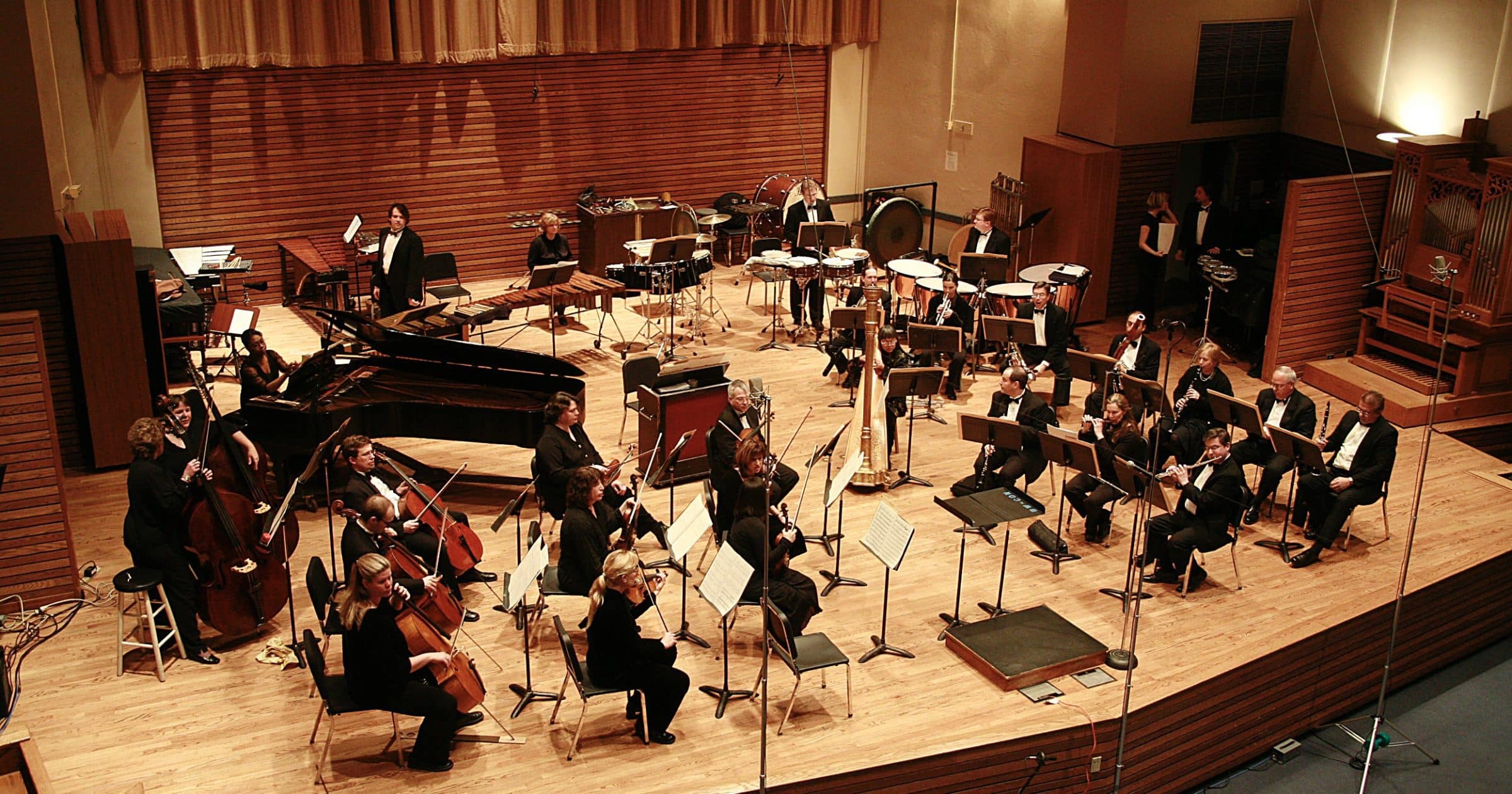 Neuroscience & Mind
Neuroscience & Mind
Another Philosopher Says the Unified Self Is an Illusion

University of Kent philosopher Julian Baggini, author of The Great Guide: What David Hume Can Teach Us About Being Human and Living Well (2021), was interviewed recently by Robert Lawrence Kuhn at Closer to Truth. In the interview, Dr. Baggini asserted that, while consciousness is not an illusion, a unified self that persists through time is:
Here is a partial transcript, interspersed with questions that arise from the discussion:
Robert Lawrence Kuhn: Julian, my own internal feeling of awareness, my consciousness seems like the most obvious fundamental thing in the world. You tell me it’s an illusion. Why?
Julian Baggini: (0:11) To be honest, consciousness isn’t an illusion. I mean clearly there’s awareness of the world. I wouldn’t even say that the self is an illusion.
What’s an illusion is the idea that within each of us is this unitary fixed constant self, that there is in each of us a kind of core of being, a single entity which is the same and persists through time. I think that’s an illusion because, actually, when you look at it and you look at it from the point of view of introspection or you look at it through neuroscience or you look at it through meditation — which Buddhism does — you find that actually there’s just an arrangement, a collection of thoughts, feelings, memories, and so forth, and it’s the way those all come together. It gives us a feeling of being unitary entities but there isn’t a single thing there at the core of it.
Question: But if the unitary self is an illusion, whose illusion is it?
If “a collection of thoughts, feelings, memories, and so forth” comes together, isn’t that, precisely, a “single thing there at the core of it.”?
Kuhn: (1:04) Some people talk about this being a binding problem because we have auditory impulses, visual impulses, tactile memories, and all of these come together and they seem to be a coherent whole but they are really separate systems coming together. Is this part of the concept of how all of these different systems come together and why does it feel like it’s one thing?
Baggini: (1:27 )Well, there are also metaphors one can use and I think that to try and explain it completely would be idiotic. We don’t understand enough about how the sense of self emerges from the way the brain operates to actually be able to explain this properly. So we have to be satisfied with the fact that we don’t yet know and just accept that rather than leap to some false answer which will give us some neat solution which actually isn’t based on the evidence.
Question: We do have a persistent sense of self. We don’t know that the sense of self “emerges from the way the brain operates.” Maybe it doesn’t. Could that be why we aren’t finding answers in that direction?
Baggini: (1:55) But there are lots of metaphors that can help us. I mean the most basic one would be like an orchestra. I guess we all have the sense that when you listen to an orchestra you have a sense of there being a single piece of music. You hear it as one thing but we know that’s only because there are all sorts of different instruments doing their bits. There isn’t a single thing there. The orchestra is a collection and, in a way, brain and consciousness [are] like an orchestra of the mind. They’re all these different systems working together and they create a sense of oneness because of the way they harmonize.
Question: Wait. Every individual member of the orchestra is a complete individual human and they have all chosen to work together toward a single goal, which is the performance of the piece they are playing. So there is in fact “a single thing there” — as the sheet music will show. Brain and consciousness would only be like an orchestra if each element in the brain-mind mix was a complete individual human. Is that even thinkable?
Kuhn: What would be the analog of the conductor of the orchestra?
Baggini: (2:23) Well yes, people sometimes say if a brain is like an orchestra, if consciousness is like the orchestra, who’s the conductor? But you know, orchestras don’t always need conductors. That’s the point, you know. The best ones do and we might think there’s one but there needn’t be one.
Question: Dr. Baggini does not offer an example of an orchestra without a conductor. However, a research study found that conductors do exert control over the orchestra — and that the better ones exert more control and get better results. Are there instances of successful orchestras with no conductor?
Read the rest at Mind Matters News, published by Discovery Institute’s Bradley Center for Natural and Artificial Intelligence.
